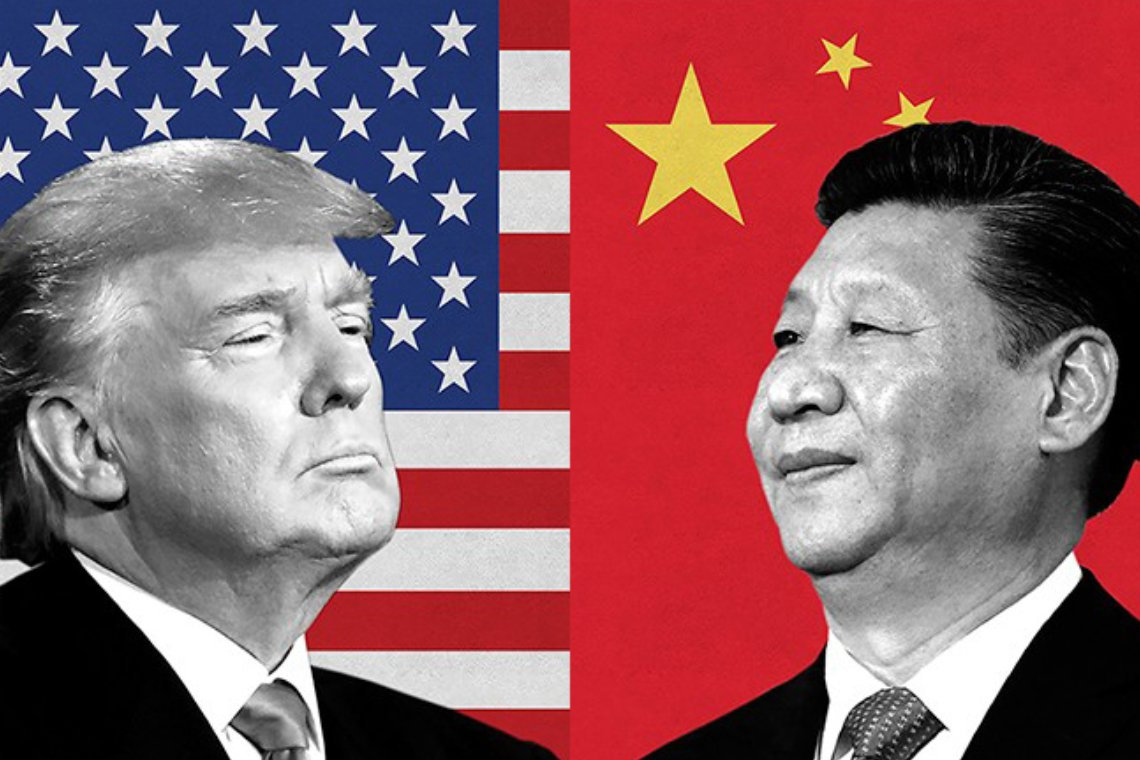United States President, Donald Trump, and Chinese President, Xi Jinping. Image source: CNN Money
The recent strategic maneuvering by the heirs of the Sultanate of Sulu, notably their simultaneous appeals to both the United States and China for support on their petition to the United Nations, highlights a precarious "double game"—one that risks seriously backfiring by undermining their credibility and diminishing their chances of international support.
Reliance on Antiquated Treaties
The heirs' claims primarily depend on the ambiguous 1878 colonial agreement with the British North Borneo Company and two outdated treaties: the 1405 Agreement with China and the 1915 Carpenter-Kiram Treaty with the United States. These treaties are invoked by the heirs to remind China and the United States of past diplomatic interactions, aiming to garner their support for a UN petition that has languished for over two decades. However, scholars confirm these treaties are obsolete under modern international law. The 1405 Treaty was never operational, and the 1915 Carpenter-Kiram Treaty was nullified by subsequent historical events and diplomatic agreements. The reliance on these defunct agreements highlights the heirs' intent to forge half-hearted alliances rather than pursue credible legal resolutions.
Previous Diplomatic Failures
This latest diplomatic attempt echoes previous unsuccessful endeavors, casting significant doubt on its effectiveness. Following the inability to secure meaningful international backing for their 2004 UN petition, the heirs' current strategy—simultaneously seeking support from China and the United States—seems increasingly unlikely to succeed. Recent events underscore this point; despite publicly seeking endorsement from U.S. Secretary of State Marco Rubio nearly a month ago, the heirs have received no response from the U.S. government. Furthermore, the Philippines, historically linked to Sulu and Sabah, has explicitly rejected the Sulu heirs' claims, significantly reducing their diplomatic credibility and international legitimacy.
U.S. and Chinese Interests
Openly supporting the Sulu heirs might temporarily complicate China's ambitions in the sensitive South China Sea region for the United States, but such intervention remains highly unlikely. Washington’s longstanding and mutually advantageous relationship with Malaysia has strengthened over decades, characterized by substantial economic ties—annual bilateral trade exceeds $70 billion—and significant cooperation in regional security, counterterrorism, maritime operations, and defense initiatives. Malaysia’s pivotal role within ASEAN as a key U.S. partner in countering Chinese influence makes it politically untenable for the United States to support the disputed claims of the Sulu heirs.
Conversely, while China might opportunistically leverage the heirs' claims to disrupt ASEAN unity or pressure Malaysia, such support would undoubtedly be conditional. Increased Chinese involvement could lead to greater economic dependency and diminished local governance autonomy, negatively impacting everyday Sulus. Additionally, the explicit rejection by the Philippines further highlights the improbability that China would invest political capital in a claim already discredited by a key regional actor.
The possibility of either the United States or China supporting the Sulu heirs' claims is remote, as doing so would destabilize regional dynamics and conflict with their own national interests.
Weak Internal and Grassroots Support
The heirs' petition initially attracted only limited local backing, securing just a few hundred signatures from within Sulu. This suggests minimal grassroots support or awareness. The Sulu people would likely withdraw support altogether if they fully understood the potential consequences of inviting interference from external powers, especially amidst the contentious geopolitical rivalry between China and the U.S. Additionally, unresolved internal disputes concerning rightful leadership further weaken the heirs' position, making international involvement impractical and unwarranted.
A Strategic Misstep
Given these realities, the possibility of either the United States or China supporting the Sulu heirs' claims is remote, as doing so would destabilize regional dynamics and conflict with their own national interests. Ultimately, the heirs' decision to simultaneously court rival global powers reveals profound self-interest and flawed political judgment. This strategic miscalculation isolates them internationally and undermines prospects for local support, rendering their latest diplomatic effort yet another misguided attempt driven more by personal ambition than practicality.
REFERENCES
Echeminada, P. (2025, January 29). Sultanate of Sulu to request U.S. Secretary Rubio’s endorsement for UN petition. Daily Tribune. https://tribune.net.ph/2025/01/29/sultanate-of-sulu-to-request-us-secretary-rubios-endorsement-for-un-petition
KnowSulu. (2025, January 22). Sabah’s Sovereignty unfolded: Five centuries of change. Know Sulu | the Truth of Sulu. https://knowsulu.ph/sulu-history/sabahs-sovereignty-unfolded-five-centuries-of-change
KnowSulu. (2025, February 6). Debunking the 1405 China-Sulu Agreement. Know Sulu | the Truth of Sulu. https://knowsulu.ph/sulu-history/debunking-the-1405-china-sulu-agreement
KnowSulu. (2025, February 6). History repeats itself: a dangerous bid for U.S. support. Know Sulu | the Truth of Sulu. https://knowsulu.ph/the-untold-sulu-story/history-repeats-itself-a-dangerous-bid-for-u-s-support
Malaysia PM Anwar says Philippines has nothing to do with Sulu heir claims. (2023, June 14). South China Morning Post. https://www.scmp.com/news/asia/southeast-asia/article/3224079/malaysias-anwar-says-no-evidence-philippine-involvement-sulu-heir-claims
Sidik, A. (2022). Tracing the origin of Sulu claim to North Borneo [Dissertation, Selinus University]. https://www.uniselinus.education/sites/default/files/2023-03/sidik_amde_bin.pdf
U.S. relations with Malaysia. (2024, August 15). U.S. Department of State. https://www.state.gov/u-s-relations-with-malaysia/



